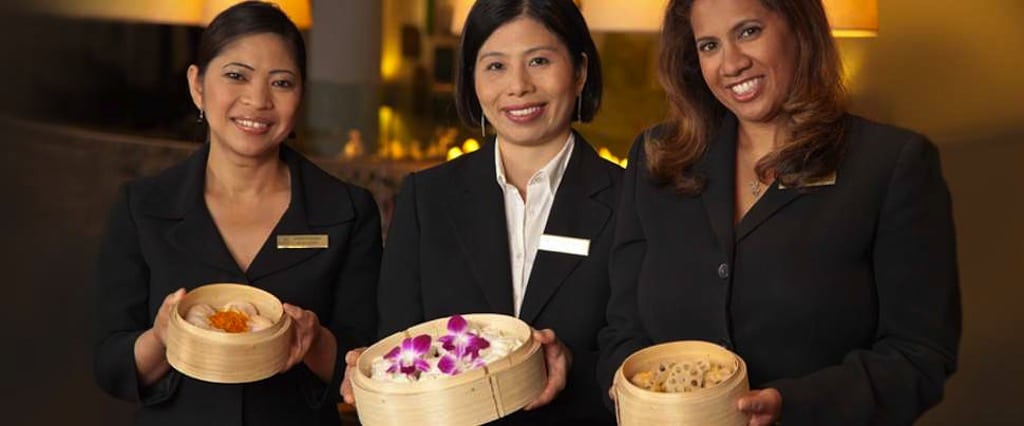Chinese Travelers Prioritize Food More Than Shopping When Choosing Destinations

Skift Take
The way to Chinese travelers' wallets may be via their stomachs. Availability of food amenable to the Chinese palate is a top concern for Chinese business and leisure travelers, and catering to needs such as hot, potable water can make a difference in their choices of airlines and hotels.
Editor's Note: Skift has launched a new series, Gateway, as we broaden our news coverage geographically with first-hand, original stories from correspondents embedded in cities around the world.
We start with regular reports from Beijing and Singapore, and look for us to add cities around the world shortly. Gateway Beijing and Gateway Singapore, for example, signify that the reporters are writing from those cities although their coverage of the business of travel will meander to other locales in their regions. Read about the series here, and check out all the stories in the series here.
The room was filled with travel agents, all in a position to start turning on their clients to a relatively new destination for travelers from China: the Philippines, which at the time was only receiving about 100,000 Chinese tourists per year, compared to one million in Thailand.
Choosing to focus on the island paradise of Palawan, the official began showing photos of two resorts on the island. The white sand beaches and cerulean blue waters were well-received. But the official
